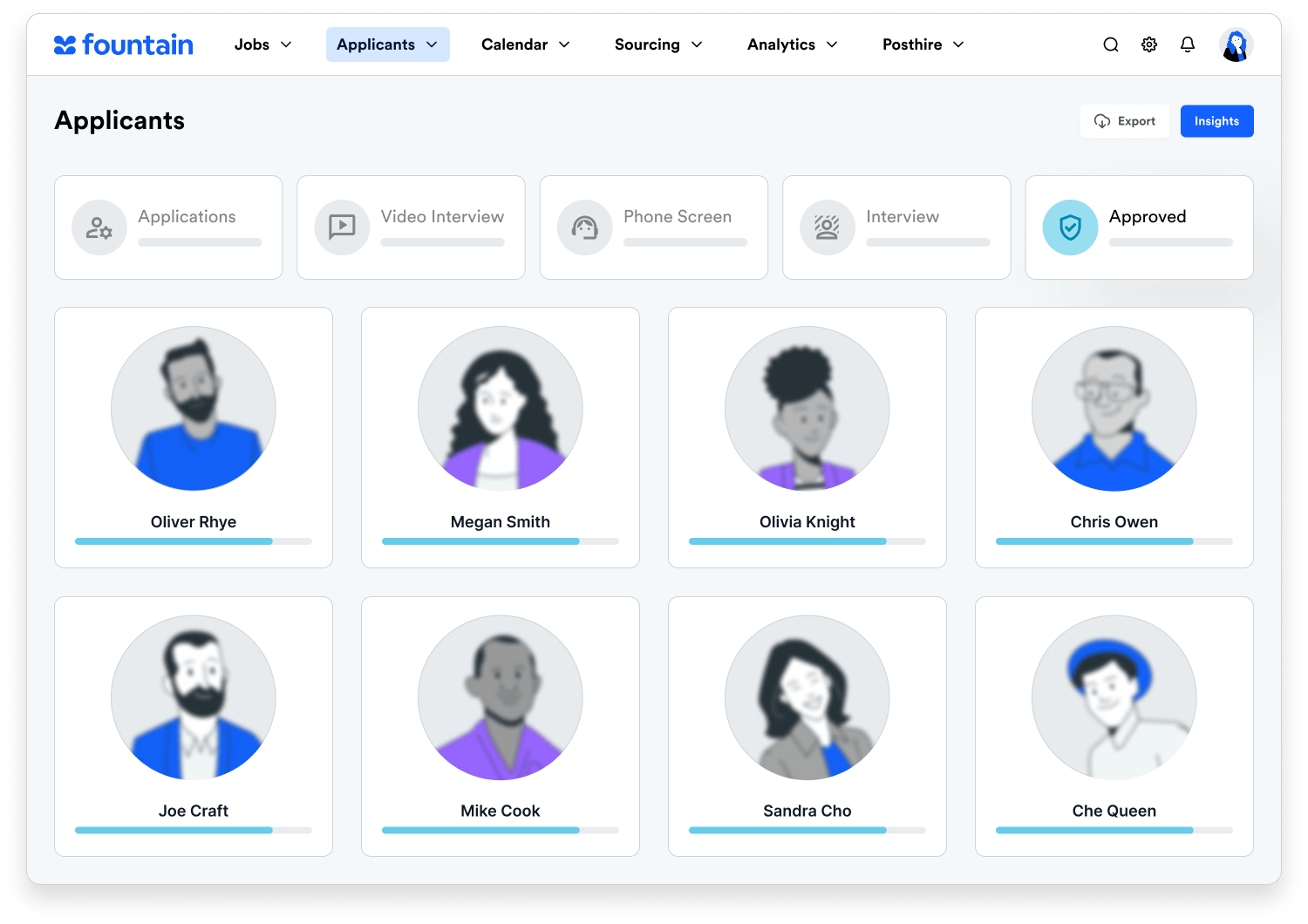Hiring teams have had to be flexible to accommodate candidates due to new working conditions. While it’s unclear how many of these changes are temporary, we know one thing for sure: video interviews are here to stay.
Video interviewing isn’t a new concept. Systems like Skype (and now Zoom) were started back in the early 2000s. While video interviews have been around for some time, they were more of a commodity than a necessity.
That has completely changed. The pandemic forced companies to accelerate the process of digital transformation, making it essential to have a structured remote video interview process in place. We’ve seen that including these as a consistent component of your hiring plan has plenty of benefits.
Let’s explore 8 reasons why video interviews are here to stay:
They’re cost effective
Even when we’re allowed to have onsite interviews, do we really want to? Maybe. There’s something to be said about the impact it has on creating a positive candidate experience. But when you’re conducting a high-volume of interviews, the value of remote interviews might outweigh the cons.
There are variety of costs that are associated with onsite interviews. Travel reinbursments, company branded clothing/gifts, and time. Utilizing video interviews is going to cut down on these costs, which add up as you scale your hiring.
They’re convenient
The logistics of scheduling an onsite interview can be tedious. The average recruiter is going to be able to conduct far more video interviews than onsite interviews.
Whether you’re the one doing onsite interviews, or scheduling them for teammates, aligning schedules can be a challenge if multiple team members are required to participate. Doing interviews remotely is far more convenient than having candidates commute to the office.
Newer generations anticipate a digital process
We’re approaching the point where a digital component in an interview process is an expectation. Career paths aren’t what they used to be, with a younger workforce changing professions at a much higher rate.
Old, antiquated, button-downed interviews are a thing of the past. Companies that are adverse to the what the mainstream modern worker wants are going to be at a disadvantage.
More accurate vetting
Video interviews require about the same amount of time as phone interviews, but they allow you to better asses your candidates. Studies on communication found that 7% is verbal, 38% is vocal, and 55% is visual.
This means that 93% of nonverbal, highlighting the importance of a face-to-face interaction. Video interviews allow you to have this interaction without the hassle of having to organize onsites.
Live & pre recorded interviews
There are two ways you can conduct video interviews, and both have their benefits. You can either do the interviews live in a standard 1:1 setting, or have candidates do a prerecorded interview at their convenience. Live interviews are important for more skilled positions, especially ones where the applicants are going to be customer facing and objection handling.
Prerecorded interviews are great because they allow the candidates and recruiters to work at their own convenience. They also allow you to have a more structured process. There’s less room for error on the recruiters side, as candidates will be responding to a predetermined list of questions.
Pre recorded interviews can be shared
Scheduling can be a bottleneck when you’re conducting a high-volume of interviews. If a candidate is interviewing with multiple members of a company, they’re bound to get a few repeated questions.
This can give the impression that your team isn’t aligned or communicating with each other throughout the interview process. Prerecorded interviews solve this, reducing the strain on the candidate and allowing recruiting teams to share their answers with everyone involved in the decision making process
Structured, repeatable process
People that work in talent acquisition have a tendency to make on the fly adjustments to their process to accommodate candidates. It’s the nature of the job, and is ultimately required if you want to be a quality recruiter.
Because prerecorded interviews require candidates to follow a set of predetermined questions, it adds a guaranteed level of consistency that conventional interview processes don’t have.
Branding possibilities
We’re still in the early stages of a digital interview process. The companies providing video conferencing software are bound to develop new features that allow for greater customization, collaboration, and differentiation.
There is already a feature on most video conferencing softwares that allow you to change your background to an artwork or image. Company themed backgrounds are a simple and easy way to incorporate branding in your recruiting.

